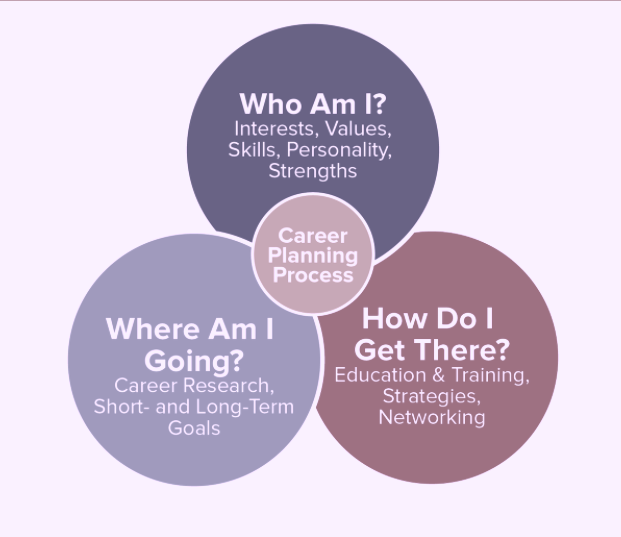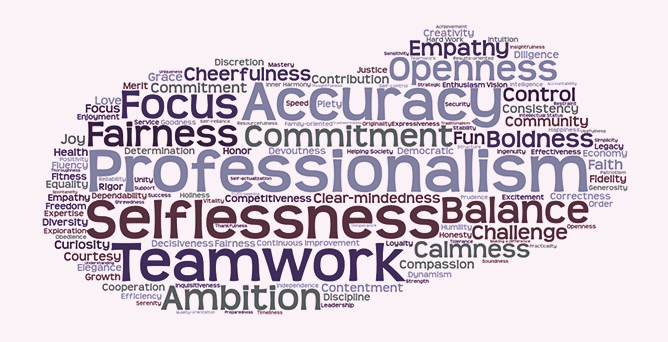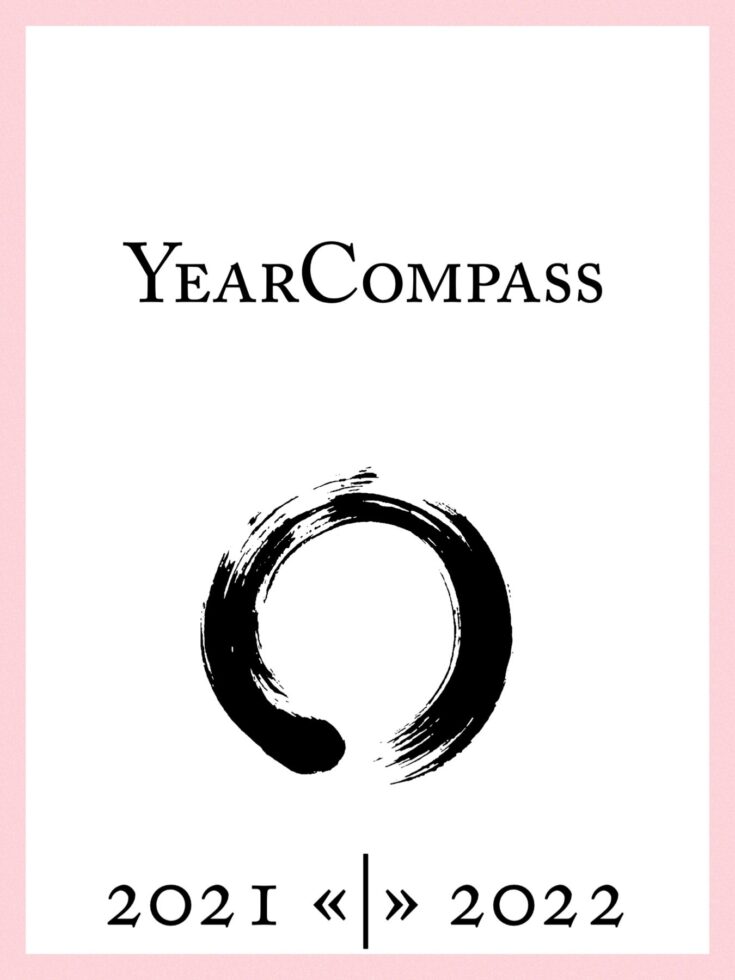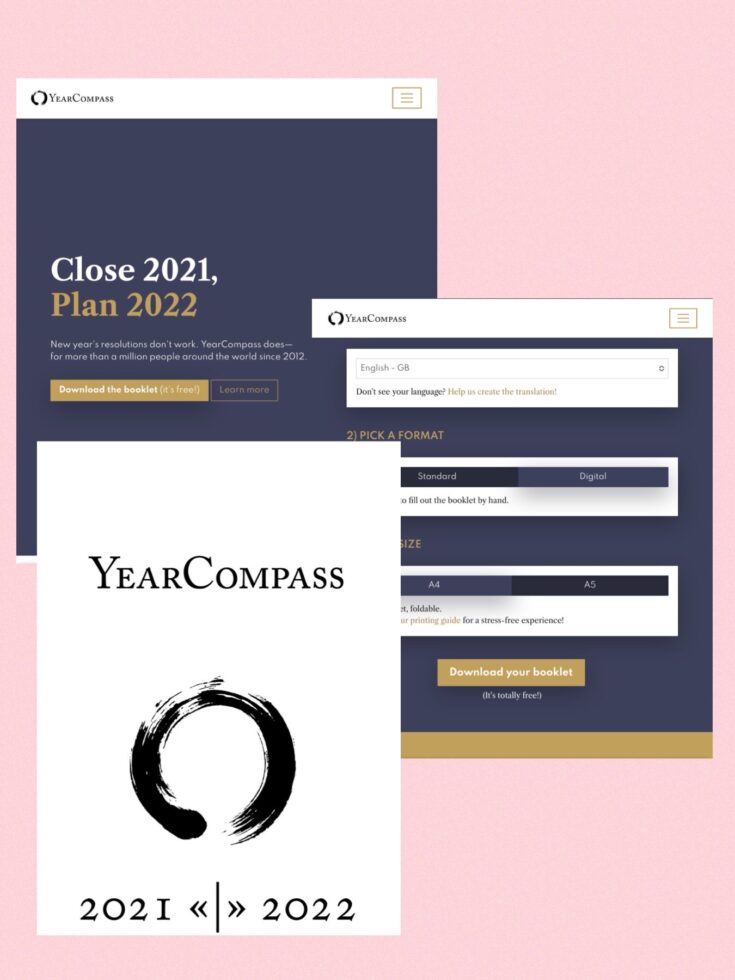Happy April, lovely readers; let me tell you about my latest ‘Hey Miss Jane’ moment with a sweet chap called George who, after experiencing one too many application rejections, recognised it might just be worth taking advantage of our career transition support after all.
George: As he handed over his rather quaint (read ‘old-school’) resume…’Jane, it’s a buoyant market, and my skills are in demand; surely I don’t need to go through all this palaver with updating my resume?’
Jane: ‘Yes, we are currently in a booming job market, George, thanks to the national talent shortage, and yes, your skills are in demand, but so too are the skills of your 300+ competing applicants.’
 Like fashion, resumes change, and if you’re not keeping up with the changes, your resume will go straight to the ‘no’ pile. What’s more, ‘old school’ resumes will ‘age’ you, show that you’re not up to date and potentially make you a less desirable candidate.
Like fashion, resumes change, and if you’re not keeping up with the changes, your resume will go straight to the ‘no’ pile. What’s more, ‘old school’ resumes will ‘age’ you, show that you’re not up to date and potentially make you a less desirable candidate.
G: ‘Ok, guess that’s why I’m here, after all, to seek advice from the gurus in the industry.’
J: Right answer, buddy! (said my thought bubble). ‘I’m just as keen as you to ensure you land this job, George, so let’s make sure you stand out, beginning with removing a few of the obsolete items.’ (said I)
Resume in need of an ‘old-school’ makeover? Here’s what NOT to include:
CAREER OBJECTIVE
Objectives – a statement telling the employer what you’re looking for in a job – are irrelevant in today’s market. You’re applying for the job, so your objective is already pretty obvious, isn’t it. Let’s swap out that objective statement with a well-written Summary introducing them to your brand title and most relevant skills and experiences as they relate to the job you’re targeting. Use it to tell them why they need you rather than why you need them.
UNRELATED AWARDS, HOBBIES, AND INTERESTS
Sure it’s great to receive awards, but are they relevant to your work target? Same with your hobbies and interests. Collecting stamps or being a pig wrestling champion might be interesting, but it doesn’t tell the employer anything about what you actually offer. Leave them out.
The exception is if the award, hobby, or interest is relevant to the role. For example, suppose you’re changing careers from accountant to food blogger. In this case, the fact that you’ve won the Noosa Foodie Festival Guava Jam contest for the last three years is relevant to the job, and you could include that information.
EXCESSIVE FORMATTING
Resumes are mostly just words on a page and, yep, quite dull to look at, and the urge to jazz things up and make your resume stand out with fancy fonts, colours, columns, and graphics OR the urge to use one of the many visually appealing templates available, is strong.
Today, most companies use applicant tracking systems (ATS) that may be unable to read columns, fancy fonts, and graphs. Recruiters may also read your resume on their phones, making it hard to see your resume columns or the whole graph. Instead, keep it simple. Avoid fancy templates, use a font that’s easy for humans and machines to read, and use formatting sparingly.
RESPONSIBILITIES LISTS
Providing an exhaustive list of tasks and duties for previous positions won’t “wow” a hiring manager. That’s just like sending your job description.
Instead, provide a high-level overview of your primary accountabilities in a short, succinct job scope. Then, replace the finer details with the results you delivered when executing those responsibilities. Use the STAR method (Situation, Task, Action, Result) to help employers understand how you did what you did and why it made a difference to your company. This will help them understand the potential value you bring to them.
THE BASICS
Knowing how to use Windows, Microsoft Office, and email is expected; therefore, ditch them. Instead, highlight the skills that will help you stand out. Knowing how to use a spreadsheet is one thing. But can you set up macros and run pivot tables? Those are the kinds of skills you should be highlighting.
G: Gosh Jane, I had no idea; I’d better get cracking!
J: Indeed, George, and once you land that job, we recommend you update your resume at least once a year, whether you’re in the job market or not. Can’t wait to see your cracking new resume!
What are the things you feel you just can’t leave out of your resume? Drop your answers in the chatbox.





 Upon greeting me with a happy new year, a girlfriend immediately exclaimed – ‘what a shit of a year last year was!’ In an attempt to lift her spirits, I responded by saying ‘but you married the love of your life, that must count for something?‘ It didn’t. I learnt that she’d personally organised her entire engagement party, her wedding and then the sad business of burying her Mum all amidst the evershifting ‘on-again, off-again lockdown rules. it’s no wonder she was feeling frayed and exhausted. Another victim of a pandemic that continues to demand our attention. The argument between the vaccinated and the non, the cost of RAT tests, returning to the office, food and supply shortages for instance. Heck, just writing that I feel exhausted! But there have been upsides to the last two years. Quite a few, in fact.
Upon greeting me with a happy new year, a girlfriend immediately exclaimed – ‘what a shit of a year last year was!’ In an attempt to lift her spirits, I responded by saying ‘but you married the love of your life, that must count for something?‘ It didn’t. I learnt that she’d personally organised her entire engagement party, her wedding and then the sad business of burying her Mum all amidst the evershifting ‘on-again, off-again lockdown rules. it’s no wonder she was feeling frayed and exhausted. Another victim of a pandemic that continues to demand our attention. The argument between the vaccinated and the non, the cost of RAT tests, returning to the office, food and supply shortages for instance. Heck, just writing that I feel exhausted! But there have been upsides to the last two years. Quite a few, in fact. YearCompass is is a booklet that helps you reflect on the past year and make plans for the next one. The tool has a set of carefully selected questions and exercises designed to help you uncover your patterns and design a great year for yourself. And it’s free! Here’s a link:
YearCompass is is a booklet that helps you reflect on the past year and make plans for the next one. The tool has a set of carefully selected questions and exercises designed to help you uncover your patterns and design a great year for yourself. And it’s free! Here’s a link:  open and honest mind. Can you share it with your family or friends? You betcha! A friend of mine worked with her family on their Year Compass while camping across Christmas, and found it was a fantastic way to connect, engage and truly understand what everyone in the family was aspiring to.
open and honest mind. Can you share it with your family or friends? You betcha! A friend of mine worked with her family on their Year Compass while camping across Christmas, and found it was a fantastic way to connect, engage and truly understand what everyone in the family was aspiring to.